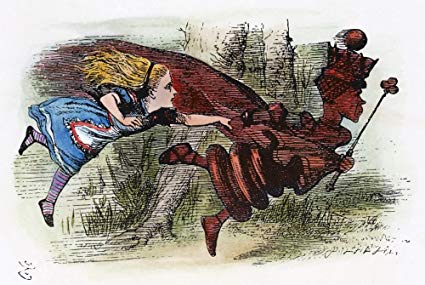The power of the parasite. parasites’ adaptability and sheer numbers make them the deadliest force on earth. As soon as a parasite learns to attack the immune system of a particular individual of an asexual species, it can rapidly wipe the organism off the face of the earth by targeting every member of the species in the same way.
This Achilles’ heel is caused by the fact that asexual species exhibit only limited differences from one generation to the next. This is precisely why monocultures of corn or soybeans are so susceptible to devastation; they’re too homogenous to withstand a specialized parasite.
Luckily for humans, sex helps us fight parasites. Intercourse ensures genetic diversity in offspring, which makes each generation less vulnerable to specialized parasites.
Through sexual reproduction, humans produce different versions of the same gene – a dominant gene that influences appearance and a recessive gene that remains hidden. This genetic system is called polymorphism and it means that while a person might have brown eyes, she could carry a recessive gene for blue eyes, which she then passes on to her kids.
In a sense, polymorphism acts like a library for defense strategies. Every gene a person carries, even the recessive ones, sends information to their immune system that explains how to respond to parasitic threats.
